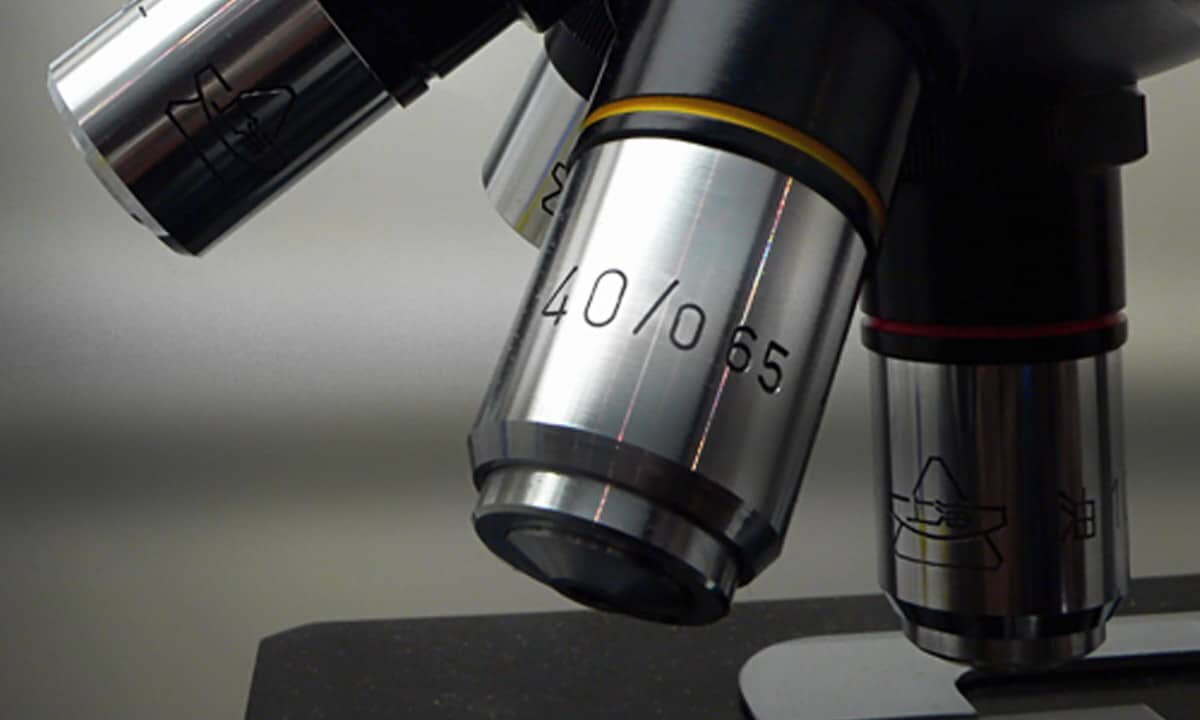The Science of Economics
Critics of Distributism often bring up the science of economics as though we are unaware of the concept. Some of these critics seem to think that economics is a natural science, like physics. This leads them to believe that there are hard and fixed rules that will always apply in every case. Just follow all of the fixed rules and the economy will run smoothly. In reality, economics is a humane science. It is a science of human interactions. The rules are not fixed by nature; they are governed by human relations, cultural standards, and philosophical views. This means that what worked one time just might not work another time. Yes, certain predictions can be made, but too many economists seem to forget the human element when making their predictions. This is even admitted by at least some economists, as is indicated in a surprisingly frank article from BBC News that can be found here. (Of course, they end up concluding that it is not the economists fault for failing to accept the human factor - it is the human factor's fault for failing to act according to the economists predictions. Imagine any other scientific field making such a claim.) A financial deal that looks great when just looking at the numbers may get rejected because of a personal disagreement, prejudice or because one side thinks the deal is immoral. On the other hand, some deals may be taken simply because they will yield a large return regardless of the moral aspect.Other critics, like Catholic Libertarian capitalists, acknowledge that economics is a humane science, but mistakenly believe that, since the authority of the Church does not apply to "science," it does not apply the humane science of economics. However, the limitation of the Church's authority in regard to science only applies to the natural sciences, which concern observations of the fixed laws imposed by God on nature. Also, it is not the scientist who imposes this limitation, but the Church herself who acknowledges it in her understanding of her own authority. That same authority insists, however, that it does extend to economics and other humane sciences. All of the humane sciences involve the actions of people with free will, and the moral implications of those actions. Therefore, the Church's teaching applies and must be accepted. This is why Catholic distributists insist on the validity of the Church's authority in all humane spheres including economics. This topic is further explored in Thomas Storck's articles on Economics and Catholic Social Doctrine.Distributists have been able to point out that the current economic crisis could not be predicted by the capitalist economic "scientists." Now, it is true that science does some times get things wrong. In the case of the natural sciences, this inevitably turns out to be because of some unknown or unforeseen law of the natural sciences that, once discovered, can be accurately applied to get predictable results. This is never the case with those involved with the science of economics. Even among the capitalists, we are told that the causes of this current crisis are opposite things (not enough government versus too much government) and are given opposite solutions (more government versus less government). You can't simply run the numbers, ignoring the human aspect that can cause wildly different results, and come up with an accurate prediction of the outcome. If you could, the current economic crisis would have been avoided. Science is only science when it looks for the cause; and, in the case of economics, the primary cause of its many fluctuations is the action of humans. Indeed, the cause of economics itself is the need for humans to acquire the things they need or want in life. Therefore, economists won't be able to really solve economic problems until they acknowledge that the science of economics includes a proper understanding of human nature.Was our current economic crisis caused by too much government interference in areas of economics, or was it caused by greedy centralized international banks who control our currency as well as that of so many other countries and who should have been more tightly regulated by some government authority (or at least had the ability to mint our currency at will revoked)? I believe the answer to both questions is yes, and that this only begins to scratch the surface of our ongoing economic woes. This is why I believe that both Keynesian and Austrian capitalists are wrong. The reason they will never be successful in establishing a sound and stable economic policy is that they don't address the entire problem. The basis for their "science" is incomplete which makes it a false science. Distributism addresses all aspects of this problem because it looks to the cause - humans and they way they act toward one another through their economic actions and their government structures. Yes, we need to look at economics in mathematical economic terms, but we must also acknowledge the human element and the moral aspects of our economic crisis.

